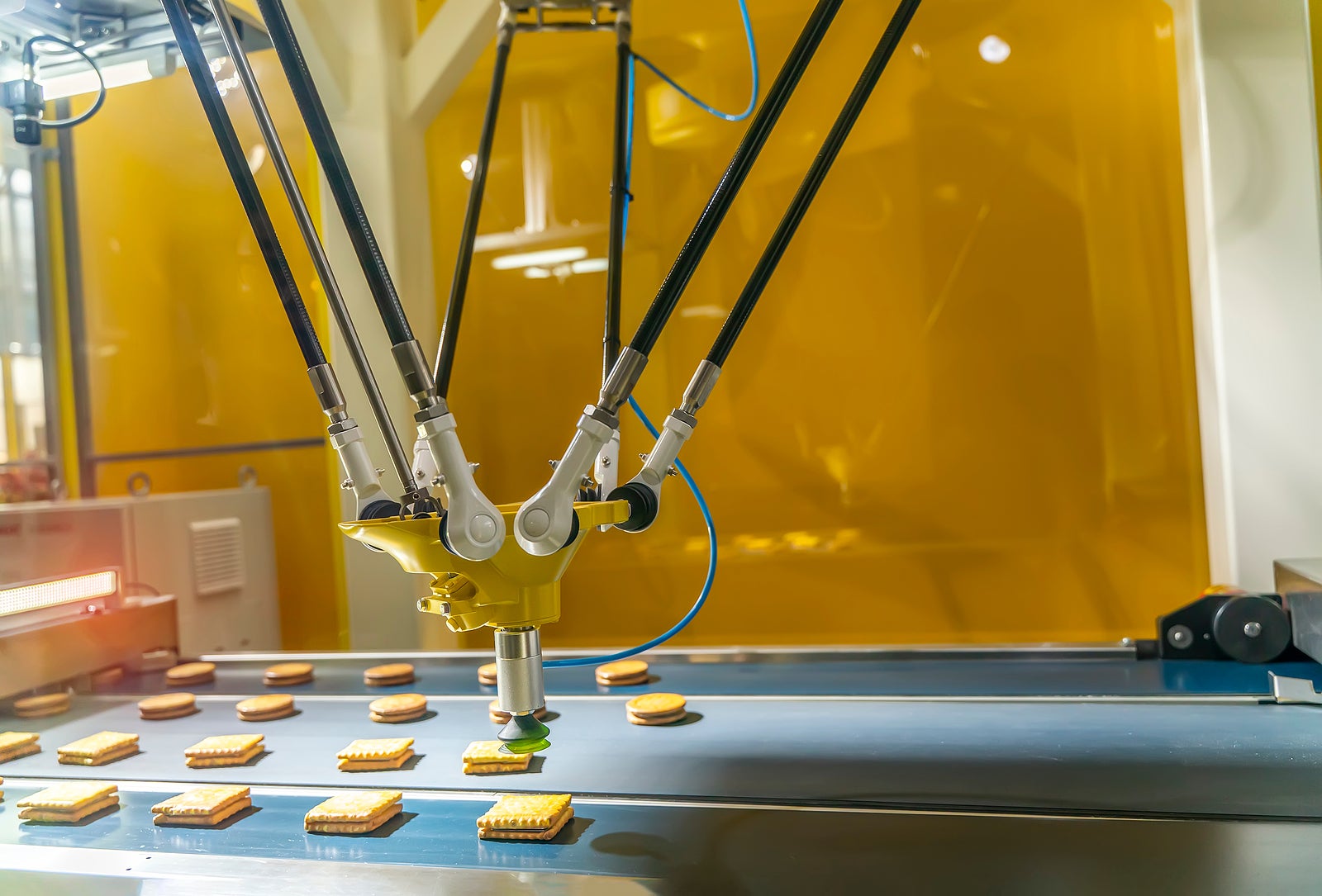
A recent report from analyst company Forrester revealed that many companies are set to invest more in automation than in rehiring due to the COVID-19 crisis. This has understandably led many people to feel concerned that the rate of automation is increasing, and worry about what this means for jobs and the economy.
While there is no doubt that COVID-19 has been, in many cases, catastrophic for businesses across the world, the suggestion that automation could be moments away from stealing everyone’s jobs away, just at the moment when we are most vulnerable, is actually more panic than reality.
In fact, automation might be good news for both employer and employee as COVID-19 affects who companies operate for the foreseeable future. Here we take a closer look at automation and what it could mean for business challenges.
Automation – often misunderstood
Automation is a term that many people look at with trepidation, believing that it effectively means robots taking the jobs of human beings. This fear is understandable, especially around the difficult economic times created by COVID-19 – but the truth is that automation is much broader. Rather than thinking of robots taking jobs, it is more realistic to think of robots making jobs easier.
Perhaps it is important to think of automation not by that term – some prefer the phrase ‘labour-saving’. In this sense, automation is about saving human time, not about replacing jobs or putting people out of work.
There are many things that machines can do faster, more effectively and better than humans can – if these tasks are given to machines, far from removing the need for humans in the workplace, they in fact free up humans to manage tasks that only humans can do.
What does automation look like in the modern workplace?
The fact is that automation is nothing new – it is a process that has been going on virtually for as long as there have been jobs. In fact, the Industrial Revolution was entirely dependent on the idea of machines being used to make the jobs (and the lives) of human beings easier than they had ever been before.
In a sense, the modern idea of automation is exactly the same but with more advanced technology. Automation is already common in the workplace, even if you don’t think of it by that name. Think about an accountant using software to add process all of the invoices in a given month – once a lengthy, drawn-out manual process, computing power and smart code makes it happen virtually instantaneously.
In fact, automation specialists Document Options suggest that automated invoice processing can “increase invoice processing efficiency by 75%”, showing the kind drastic impact this can have on staff.
But, this hasn’t rendered accountants redundant. Rather it has freed up accountants’ time to get on with other work which, in many cases, is more valuable to the company than a lot of manual adding up.
COVID-19 and the importance of automation
So, that leads to COVID-19 – by all accounts a seismic event in terms of the economy and the way that workplaces function. It may be the case that automation could be a huge benefit for companies and even for the employees who may be more worried about the concept.
Of course, a part of automation is taking work out of the hands of humans, if it is dangerous for them to do. This has obvious implications when it comes to cleanliness, sanitation and safety in the workplace. Many digital technologies are creating scenarios where human interactions can be limited while people can still get on with their jobs.
It is also worth noting that in some sectors physical automation can have the effect of lessening the impact of COVID-19 and keeping businesses afloat.
Final thoughts
Automation is sometimes predicted as something that is going to put workers out of jobs – but in many cases, it is actually automation that allows workers to become more successful at their work. Through COVID-19 and beyond, businesses face choices to make in order to survive and thrive. Automation could be one of the methods that could be a huge benefit to everyone involved. Don’t assume that automation is the enemy of the worker, it could actually be a huge advantage.
1884 Views












